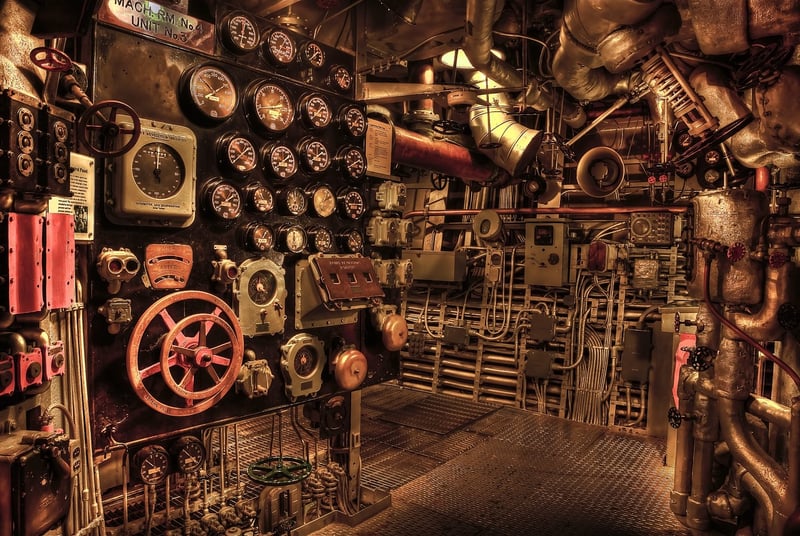Historical Impacts
The Risks of Time Manipulation and Its Historical Impacts
Introduction
Time manipulation, the concept of altering or controlling time, has fascinated humans for centuries. While it remains a popular theme in science fiction, the idea of manipulating time raises significant risks and consequences. Exploring both the theoretical dangers and historical impacts of time manipulation can provide valuable insights into the potential ramifications of such actions.
Theoretical Risks of Time Manipulation
1. Temporal Paradoxes: Altering events in the past could create paradoxes where cause and effect become muddled, leading to unpredictable and potentially catastrophic outcomes.
2. Butterfly Effect: Small changes in the past could have significant ripple effects on the future, altering the course of history in unforeseen ways.
3. Time Loops: Manipulating time could result in repeating loops or time travel paradoxes, trapping individuals or events in an infinite loop with no clear resolution.
Historical Impacts of Alleged Time Manipulation
Several historical events and anecdotes suggest the possibility of time manipulation or unusual temporal phenomena:
The Philadelphia Experiment
The Philadelphia Experiment, allegedly conducted during World War II, aimed to make a naval ship invisible to radar. Reports suggest that the experiment resulted in time travel and teleportation, with crew members experiencing severe side effects and psychological trauma.

The Mystery of the Roanoke Colony
The Roanoke Colony in the late 16th century mysteriously disappeared, leaving behind only the word "Croatoan" carved on a tree. Some theories propose that time travel or abduction by unknown forces may have played a role in the colony's vanishing.

The Time-Traveling Hipster
In a photograph from the 1940s, a man is seen wearing modern clothing not consistent with the era. This anomaly has led to speculation that time travelers may have visited the past, leaving behind subtle clues of their presence.

Conclusion
While time manipulation remains a fantastical concept, exploring its risks and historical impacts can offer a deeper understanding of the complexities and potential dangers associated with tampering with the fabric of time. Whether in science fiction or real-life anecdotes, the consequences of altering time serve as a cautionary tale of the unknown perils that may lie beyond our temporal boundaries.
